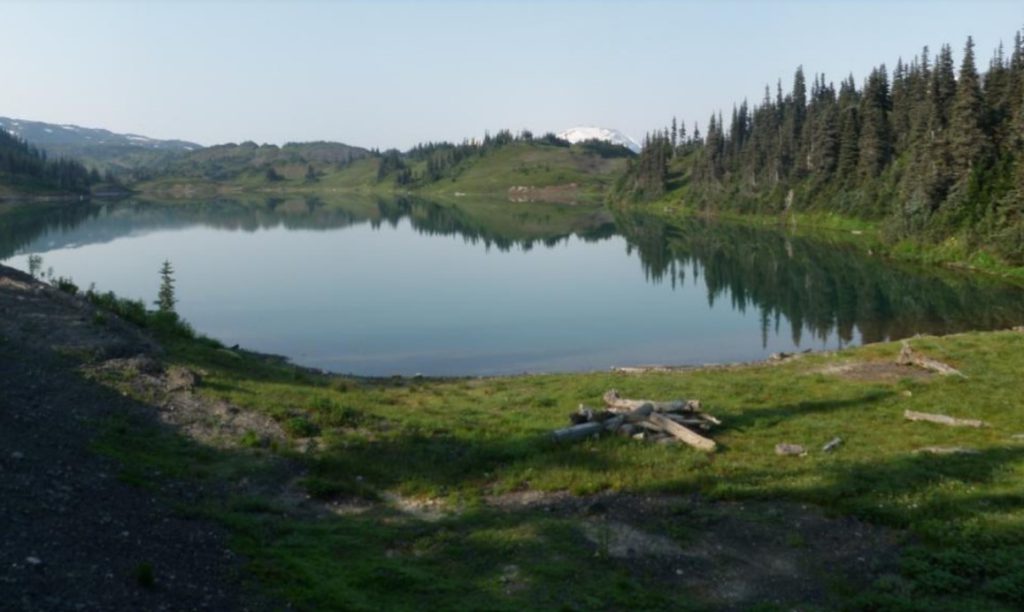
The Albino Lake storage facility is a sub-aqueous deposition of metals, sulphides and certain deleterious elements for the past producing mine. The facility is managed by Skeena under the terms of the province’s Lands Act surface lease and authorizations under the Mines Act and Environmental Management Act.
The company believes the decision is in error.
“It is incomprehensible to us that the Chief Gold Commissioner of British Columbia would transfer ownership of materials that Skeena and, prior to that, Barrick, have actively managed and environmentally monitored for decades in the Albino Lake storage facility to an individual who staked barren mineral claims below the facility,” Skeena chief executive Walter Coles Jr. said in a media release.
“We feel this sets a grave precedent for mineral exploration, development, and environmental liability management in British Columbia. Skeena will utilize all legal avenues to remedy this situation within the B.C. court system and we have already begun the appeal process.”
Skeena has mounted two drilling programs at Albino Lake seeking an answer to the question of whether or not it would be economically feasible to reprocess the material and recover precious metals. Late last year, it released assays as high as 10 g/t gold-equivalent from the tailings. The layer of tails is from 12 to 17 metres thick and assayed between 3.39 and 5.9 g/t gold and between 151 and 317 g/t silver.
Skeena released a pre-feasibility study for the Eskay Creek project in July 2021. The study covers a high-grade conventional truck and shovel open pit. Proven and probable reserves are 26.4 million tonnes with a diluted grade of 3.37 g/t gold and 94 g/t silver.
(This article first appeared in the Canadian Mining Journal)




